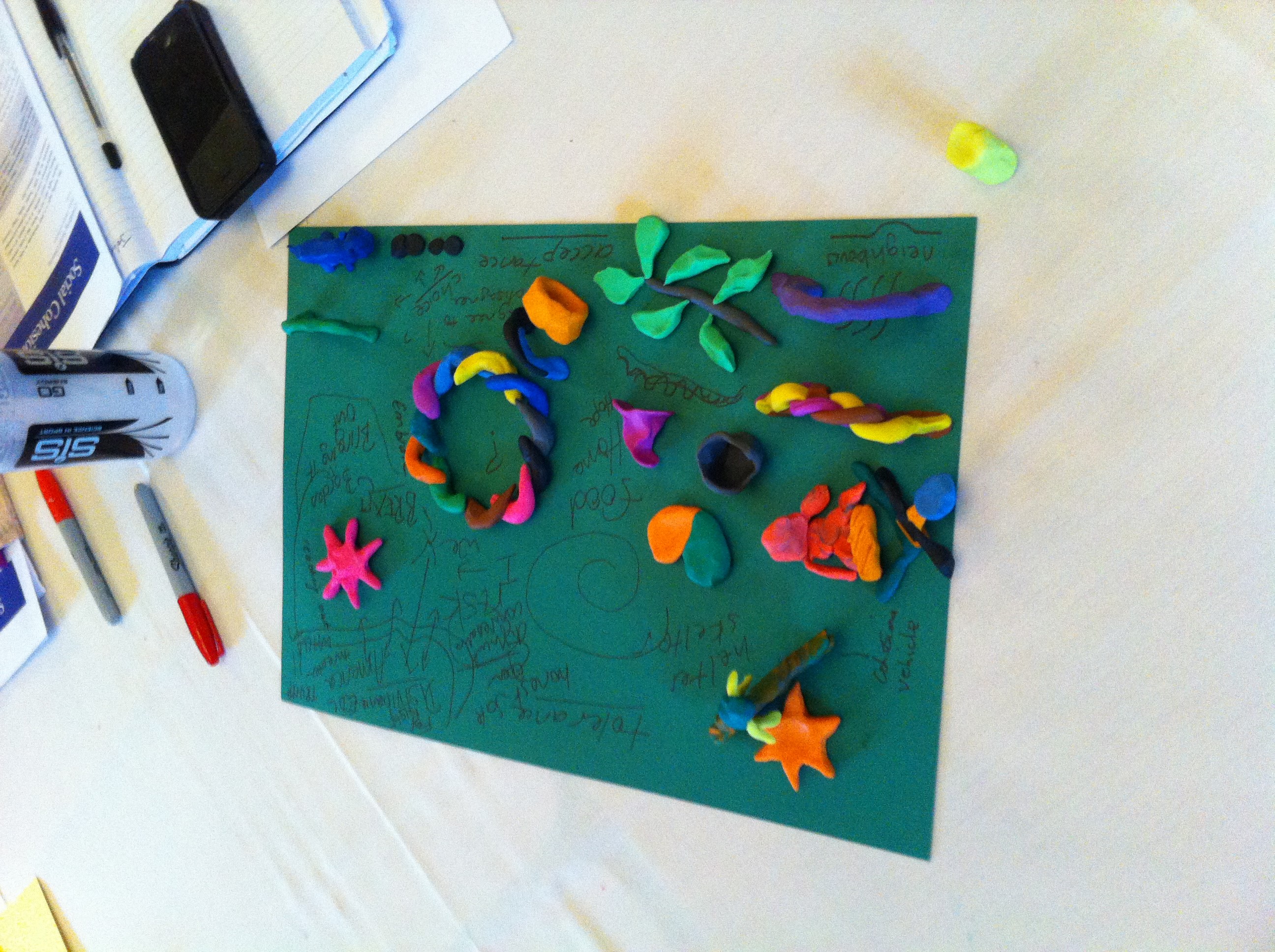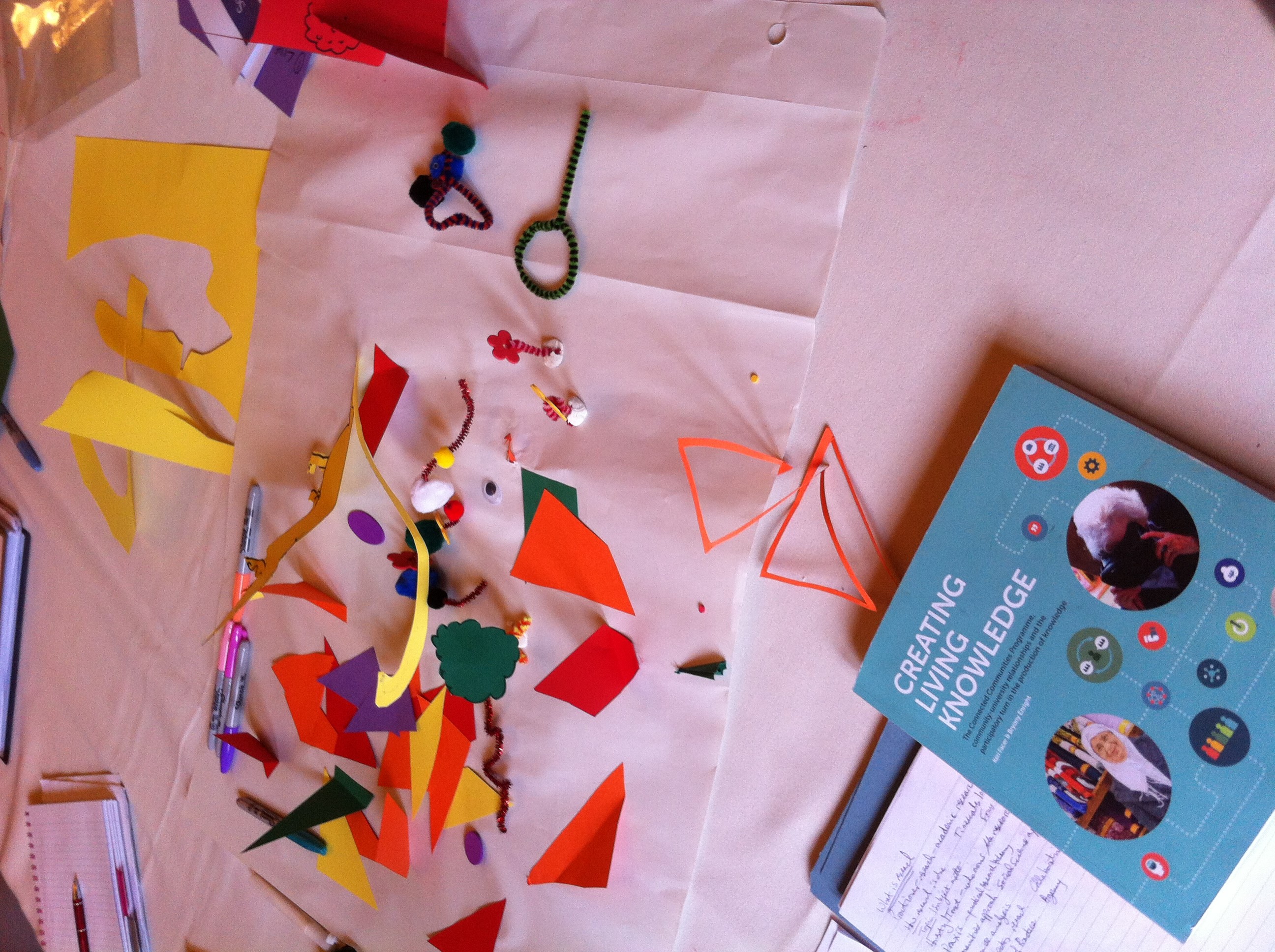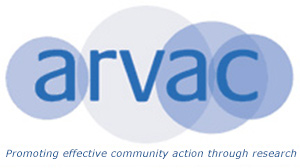An introduction to The Taking Yourselves Seriously project and how and why we have linked into ARVAC.
Project Background
This project aims to create a set of co-produced resources that are concerned with arts methodologies with a particular focus on researchers in the voluntary and community sector. We have linked to ARVAC as they represent that sector.
We are interested in what artists do when they work with communities and what methods they use. These might include visual, experiential, linguistic, tacit and emotionally attuned ways of doing things. These methodologies can enable diverse forms of knowledge to be surfaced. We want to look at the potential of artistic methods for community researchers to use in ways that make a difference.
Our aim is to integrate methodological approaches from the arts and humanities in the context of enquiry around localised issues of social cohesion.
We aim to work in three sites, a school, an adventure playground and with a Muslim Women’s community organisation to do this. Below we provide more detail about the projects:
The Projects
School context. We will work with Clifton School in Rotherham to use creative workshops to extend and deepen definitions of success and failure, We aim to explore how creative and artistic methodologies chime with a focus on children’s agency and ability to articulate their ideas as active learners.
Poetry. Poet Andrew McMillan will develop an understanding of failure as artistic practice within the project. Through this project McMillan together with Mort will draw on work that reflects on artistic processes and practices and the ways in which experimentation and re-visioning can contribute to community research more broadly.
Community project. Community researcher Zanib Rasool will explore ways in which artistic methodologies can support community led research with a focus on the life trajectories of women from Pakistani heritage backgrounds.
Adventure playground. A community research project will be led by community worker Patrick Meleady and artist Steve Pool, exploring social cohesion through film as a medium for dissemination. Film as a medium can open up opportunities for different kinds of voices to be heard.
The project team includes poets Andrew McMillan and Helen Mort, artists Steve Pool and Zahir Rafiq, cohesion advisors Mike Fitter (Sheffield) and Waheed Akhter (Rotherham), Mark Payne and Anthony Williams from the School of Education together with Zanib Rasool, (Rotherham United Community Sports Trust) Patrick Meleady (Pitsmoor Adventure Playground) and critical friend and advisor John Diamond, Edge Hill University with Katy Goldstraw RA, also Edge Hill University,
A critical thinking group will help us make sense of the methodologies. They include Mubarak Hassan, Panni Loh and Vicky Ward.
Kate Pahl is PI. The project runs from the 1st February 2017 for one year.
For more information contact Kate Pahl, on k.pahl@mmu.ac.uk
Or visit the Imagine Project website.
Conclusions and Reflections From the Project .....
community arts and social cohesion with particular reference to sustainability of projects
- beyond the immediate context.
The Taking Yourself Seriously project was funded by the Arts and Humanities Research
Council’s Connected Communities Programme. This programme seeks to encourage
community co-produced living knowledge that directly works with, not on communities.
The funding aimed to explore the role of artists in social cohesion projects in partnership
with ARVAC, the Association for Research in the Voluntary and Community Sectors. At
the end of the project, the project team gathered together in Sheffield to reflect on the
findings and to consider what we learned. We were joined by Sharon Hutchings, from
ARVAC.
We came together as one group, enacting social cohesion in practice. The purpose of
the writing retreat was to explore what everyone had been working on and how it all
fits together. It was an opportunity to listen to each other and to hopefully learn more
together about the ways in which artistic methodologies can inform social cohesion.


